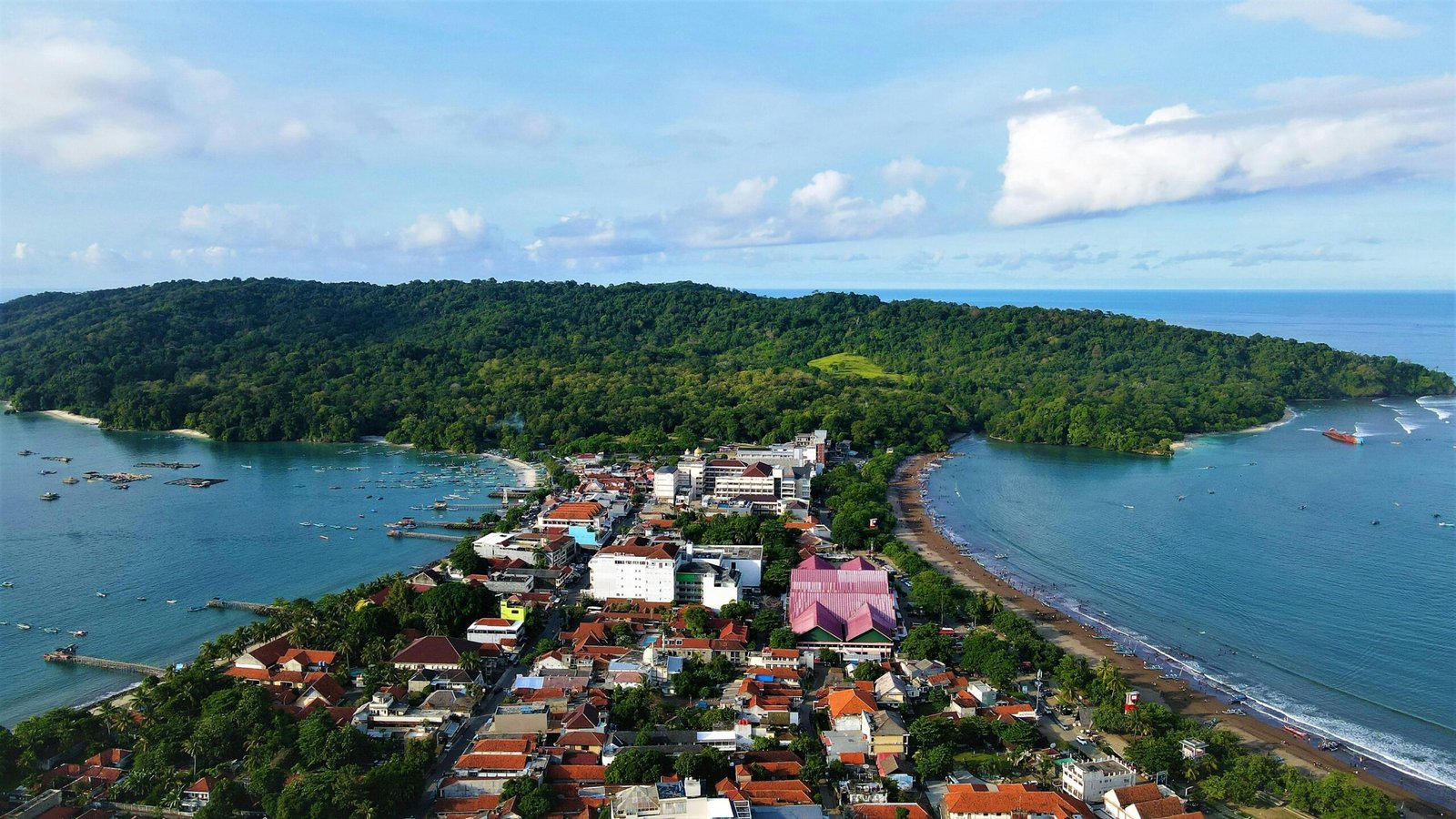The Indonesian Ministry of Maritime Affairs and Fisheries has opens opportunities for sustainable investment in Indonesia’s small islands.
With the release of the Ministry’s Regulation No. 10 of 2024, investors now have clear guidelines on how to utilize the small islands and the surrounding waters for profitable ventures that align with ecological sustainability.
“In an effort to encourage investment in small islands in a sustainable, clear and clean manner, the government has issued regulations, one of which is Regulation of the Minister of Maritime Affairs and Fisheries No 10 of 2024 concerning the Utilization of Small Islands and Their Surrounding Waters, which regulates the mechanisms and procedures for providing “permits and recommendations for the use of small islands,” said the Director General of Marine and Coastal Management, Victor Gustaaf Manoppo, as reported by AntaraNews.
The government’s regulation prioritizes small islands for the use of conservation, education and training, research and development, marine cultivation, tourism, fisheries and marine businesses as well as sustainable fishing industries, organic farming, animal husbandry and/or, security and national defense.
Sustainable Investment Through Regulation
According to Victor, this Ministerial Regulation and the revision process of Government Regulation No 5 of 2021, has placed the ministry as commander in the utilization of small islands by prioritizing ecological sustainability. Thus in the use of small islands, the first door for licensing is at the ministry.
This approach should foster prosperity for broader communities while encouraging sustainable investment in small islands. Such efforts are consistent with simplified licensing procedures as mandated by current regulations, as reported by rri.co.id.
‘Effective management of small islands requires sound policies, comprehensive planning, diligent oversight, and firm law enforcement,’ said Victor.”*
Foreign and Domestic Investment in Small Islands
The application for permits to utilize small islands in Indonesia is part of foreign direct investment (FDI) and domestic direct investment (DDI) activities. Investors are allowed to control up to 70% of the land on a small island, while the remaining 30% is controlled by the state.
This is outlined in Presidential Regulation No. 34 of 2019, Ministerial Regulation No. 8 of 2019 from the Ministry of Maritime Affairs and Fisheries, and Ministerial Regulation No. 17 of 2016 from the Ministry of Agrarian Affairs and Spatial Planning/National Land Agency.
Andry Indryasworo Sukmoputro, an expert from the Directorate General of Marine and Spatial Management (PKRL) at the Ministry of Maritime Affairs and Fisheries, revealed that only 10 investors—both foreign and domestic—have utilized small islands in Indonesia.
“Since last year, around 10 FDI and DDI companies have been using small islands in Indonesia, ranging from large to small companies,” Andry explained, as quoted from MediaIndonesia.com.
Andry further explained that large investors are using the land on small islands for industrial development, such as the Indonesia Morowali Industrial Park (IMIP) in Morowali Regency, Central Sulawesi, for mining.
Additionally, some investors are using small islands to develop renewable energy projects, such as solar power plants in the Riau Archipelago (Kepri). Generally, foreign investors come from China and Germany.
Tariffs and Regulations for Using Small Islands in Indonesia
Based on the Ministerial Decree No. 24/2020 regarding the tariff calculation for Non-Tax State Revenue (PNBP) at KKP for FDI projects, the tariff is set at IDR 30.8 million per hectare. According to Government Regulation No. 85/2021, the tariff for utilizing small islands with an area of less than 100 km² is IDR 25.4 million per hectare.
In Law No. 6 of 2023, which ratifies Government Regulation in Lieu of Law No. 2/2022 on Job Creation, Article 26A specifies that for FDI, the utilization of small islands must comply with business licensing requirements from the central government and adhere to investment laws. The project must also be established in the form of a limited company (PT).
“FDI must be in the form of a corporation (PT), while DDI can be made by Indonesian citizens, and it can be in the form of an individual investment,” Andry continued.
The ministry hopes that with the right policies and regulations, the utilization of small islands for investment can be carried out sustainably for the welfare of all.
Source: jdih.maritim.go.id, antaranews.com, rri.go.id, mediaindonesia.com
image source: pexels.com


